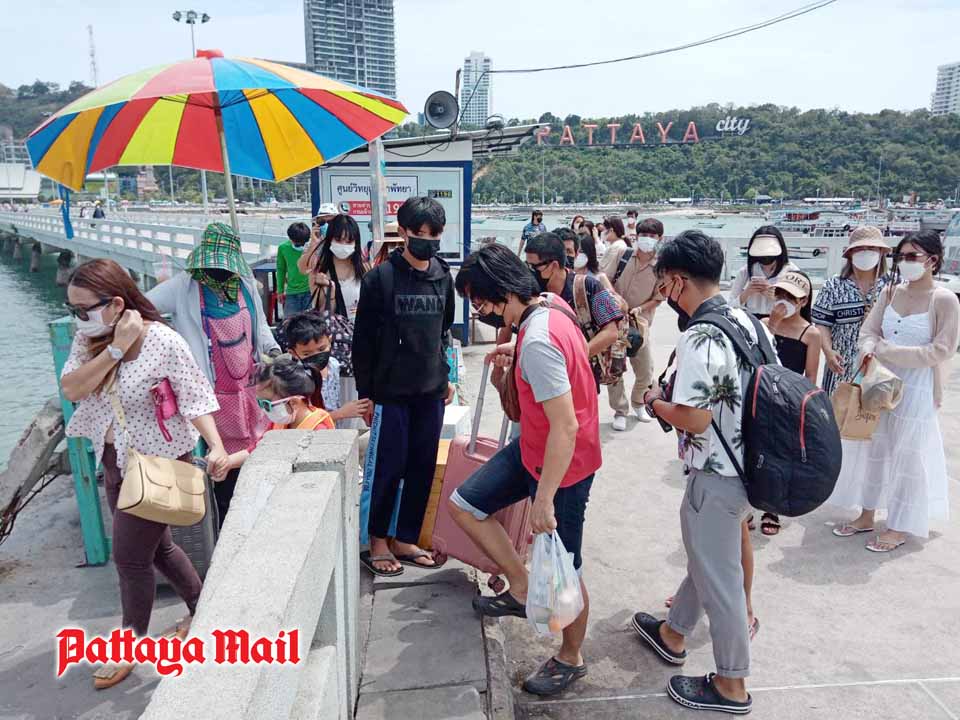
The combination of easing coronavirus restrictions and a weakening baht has Pattaya tourism businesses excited for this year’s high season.
Phisut Sae-khu, president of the Thai Hotels Association Eastern Chapter, said that since May 1, when the government dropped the “Test & Go” tourist-entry scheme, inquiries have picked up from Indian, Vietnamese, South Korean and Japanese tourists.
He called that a good sign given that it’s now low season.
Now, Phisut said, hotels and tour planners are studying how the market has changed during the coronavirus pandemic and preparing for the next high season. It will take a few months to prepare new rates and offerings, he said.

Kriengkrai Thiennukul, chairman of the Federation of Thai Industries, said earlier that the business sector is closely watching the baht’s international exchange rate.
The baht has fallen 3.4% in 2022, dropping quickly since the start of the Russia-Ukraine war. The baht is at a five-year low of 34.62 to the dollar on May 9 and has lost 2.3% in the past month.
While a weaker baht is good for tourism and exports, it can lead to higher inflation, as Thailand buys oil and most consumer products overseas, Kriengkrai said.
In addition to the Ukraine war, rising interest rates in the U.S. are drawing investors to sell baht for dollars.
If the U.S. raises its central interest rate to 3.25-3.5%, while Thailand maintains its historically low 0.5% rate, the baht could depreciate to 36 to the dollar, Kriengkrai said.
However, the Bank of Thailand unlikely would allow that amount of weakening by intervening in the market, which could lead to reprisals from the U.S. over currency manipulation.

 |
 |
 |





